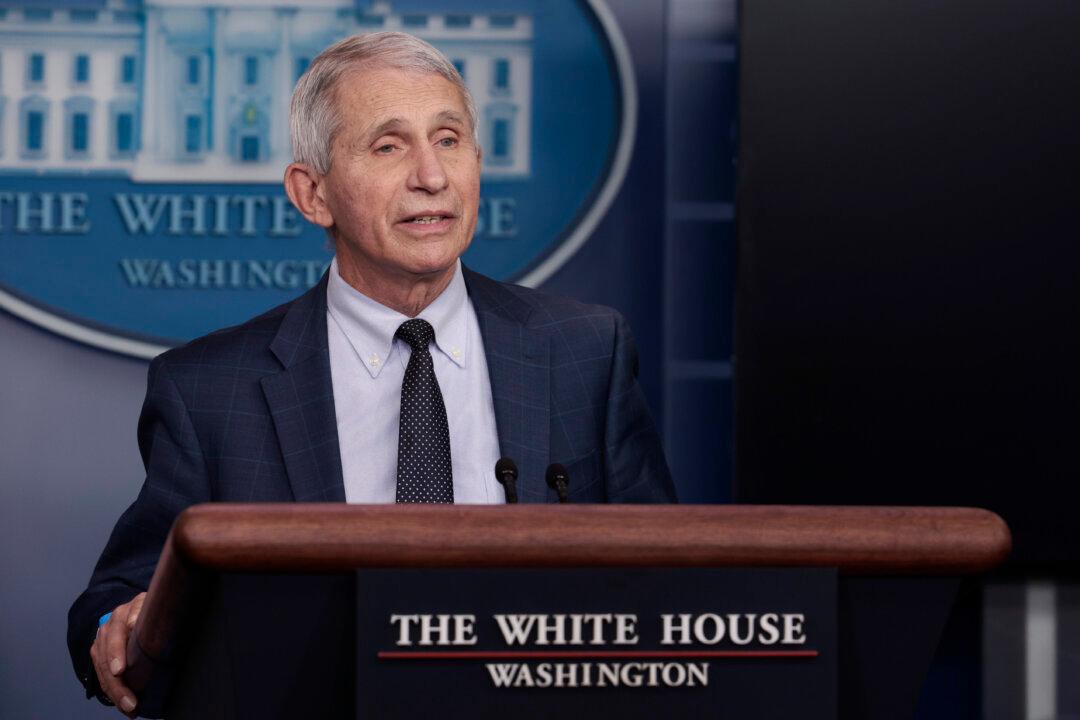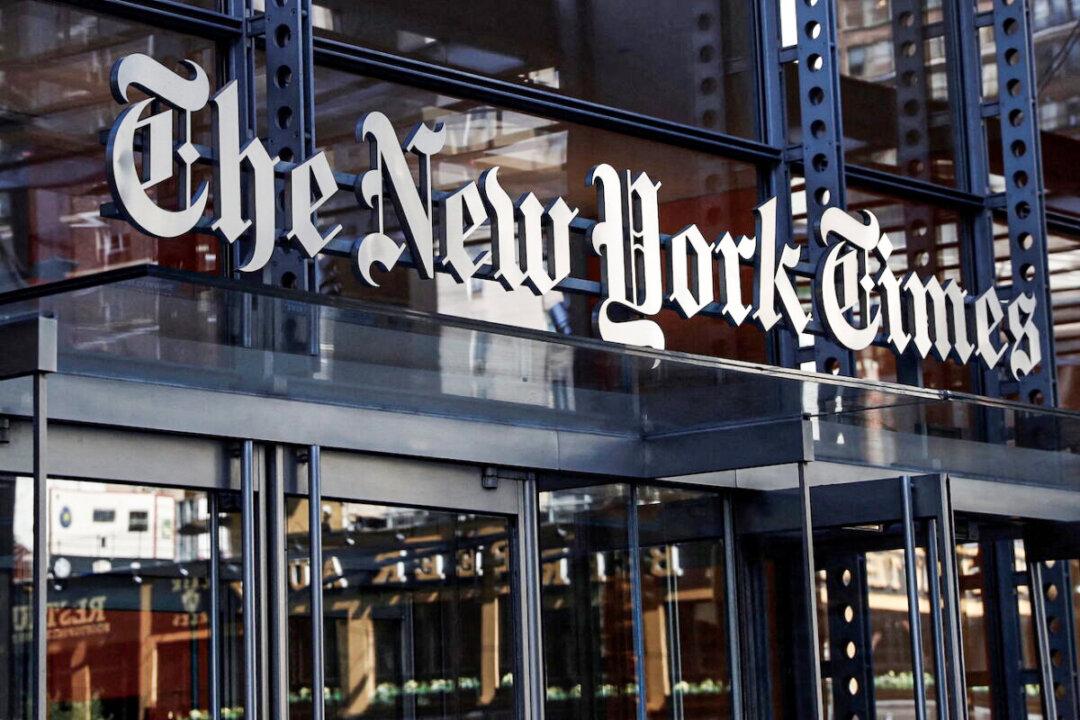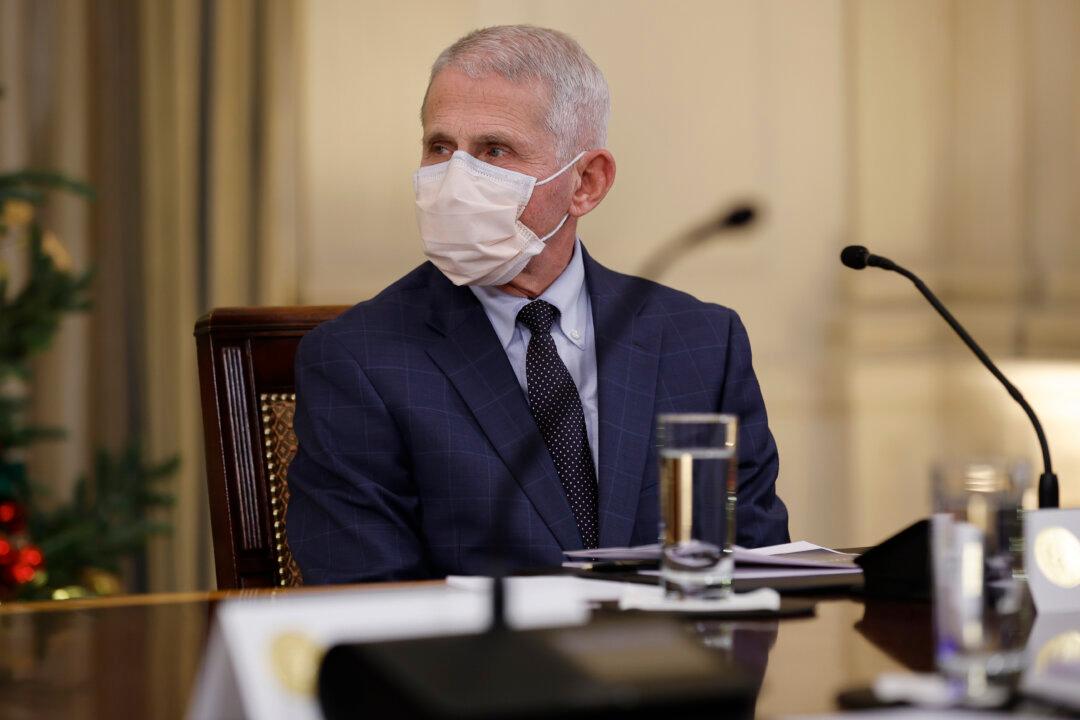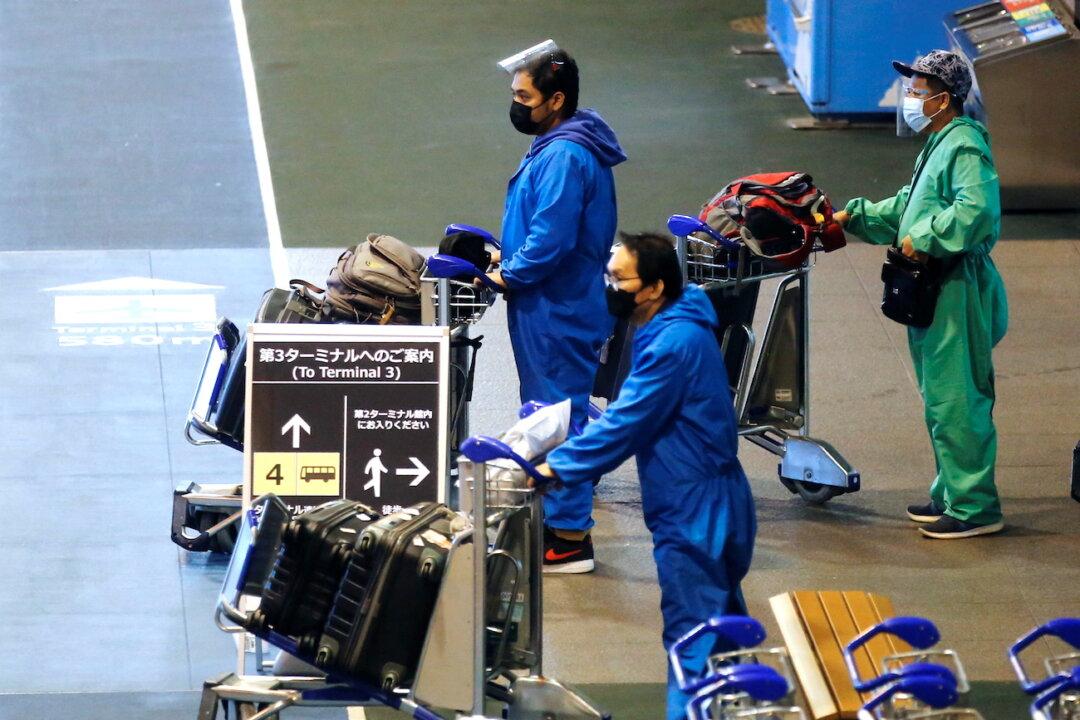Commentary
In the rush to stop the CCP virus dead in its tracks, much of the world has admirably rallied to follow the best medical advice available, including “social distancing,” the closure of public spaces and events, the shuttering of many businesses, and the quarantining of those most susceptible to COVID-19, including senior citizens and those with underlying medical conditions, such as diabetes and heart disease.





